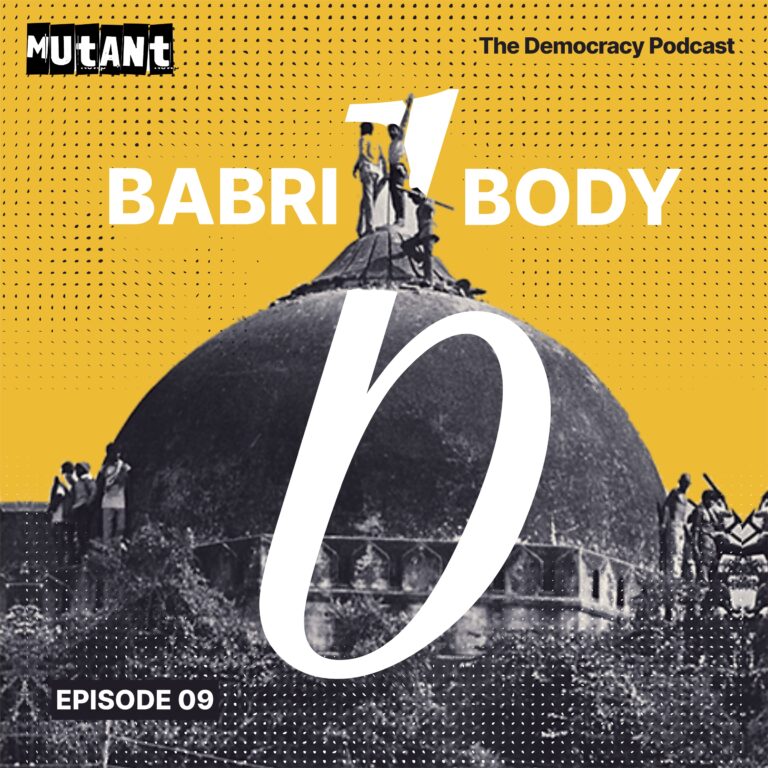B | BABRI & BODY
“There is nothing mere about symbols,” says the writer Ta-Nehisi Coates. And “there is nothing mere about the struggle for architecture, about the strife over monuments. They are arenas of war over memory itself,” says Aishwary Kumar, as we undertake an unflinching examination of the event that marked the beginning of an irreversible torsion in the world’s largest democracy: the demolition of the Babri Masjid in Ayodhya, India, on December 6, 1992. It was not just a matter of a medieval relic or a place of worship. It was the matter of political faith and its slow end. "Two defacements came in one stroke with the demolition,” Aishwary reminds us, “they desecrated the site and the date.” For December 6 is also the death anniversary of India’s magisterial constitutional architect and moral philosopher BR Ambedkar. To think about the demolition of the Babri Masjid today is to think about the use and abuse of bodies and memory. It is to think about democracy’s symbolic and real suicides. It is to think about our pact with Brutalism. At once a name for an architectural technique and a mode of total bodily domination, Brutalism today is the very language in which majorities worldwide deface the faith in democracy. In the unfolding history of that brutal defacement, Babri is not mere event. It is a political paradigm and parable of our time. An urgent and timeless dialogue continues.

